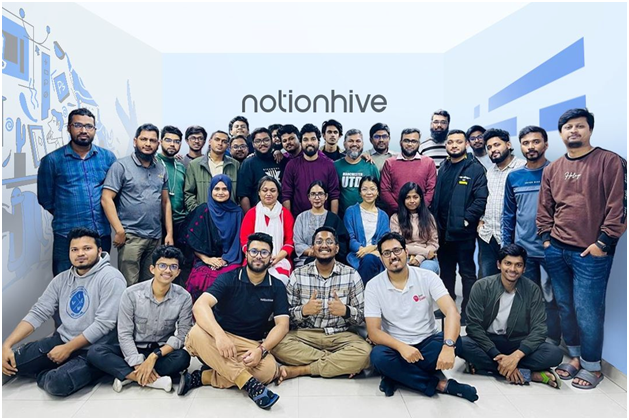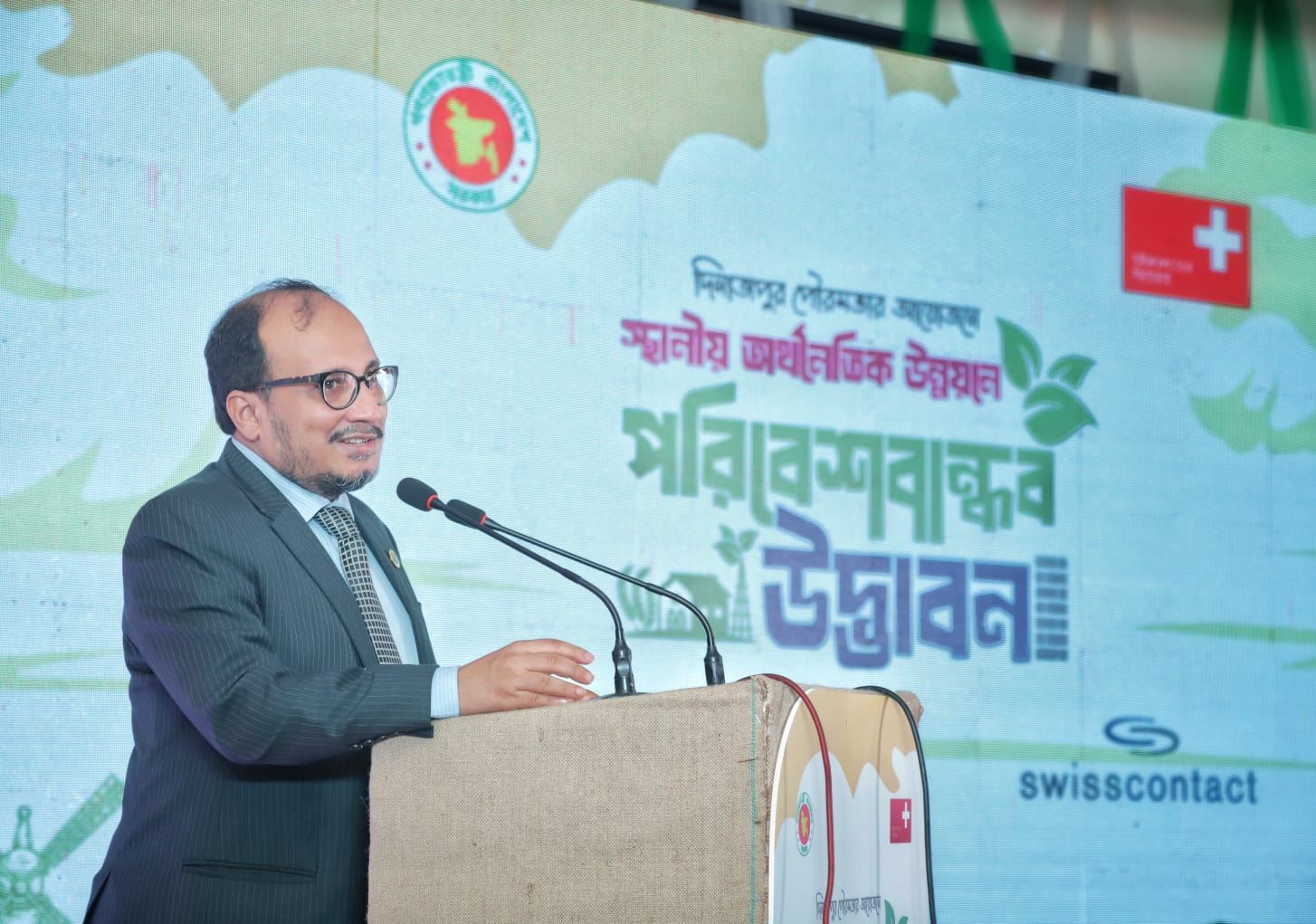
Beximco Pharmaceuticals Managing Director Nazmul Hassan has urged the government to step in as the Serum Institute of India failed to provide vaccine doses in keeping with their agreement.
He made the remarks after receiving a second dose of the coronavirus vaccine at Dhaka’s Kurmitola General Hospital on Saturday. “If Serum does not provide the vaccines, we will face a crisis with the second dose,” Hassan said. “The government should make a strong statement on this issue.”
The government has already paid for 15 million doses of the vaccine in advance, Hassan said. Bangladesh arranged an agreement for the purchase of 30 million Oxford-AstraZeneca vaccines from the Serum Institute of India.
Despite the agreement, the Serum Institute has not met their scheduled shipments, he said. Asked when these vaccines would arrive, Hassan said: “It is very difficult to say. They [Serum] have five million doses ready for shipment. But the shipment is awaiting the approval from their Ministry of External Affairs.”
Bangladesh was supposed to receive five million doses in March but got only two million. “We have yet to receive a shipment this month,” Hassan said.
“What I say is that they have no right to block shipments when the government has already paid in advance. I don’t need to know what’s happening with other countries. It is unacceptable for them to take our money and not deliver.”
A crisis looms over Bangladesh as the vaccines are not arriving in time for the second doses, Hassan said. “We must distribute it quickly. The Serum Institute CEO told us in writing that their government was blocking them. I urge our government – there is no longer any need to stay silent.”
“The government should tell them immediately, in clear terms, that we have paid in advance and they have to deliver in a timely manner. We do not have enough for the second doses. We must say it firmly, not unofficially over the phone. We have to take strong action.”
“We are not asking for charity.”
“We have paid the Serum Institute in advance for 15 million doses,” he said. “We were supposed to get all of it by May, but we only have 7 million. They should send us the remaining 8 million and, if necessary, we can get the rest from them, or we could get them from another source.”
Asked what would happen if the vaccines did not arrive, Hassan said: “Then there is nothing we can do. The government was supposed to pay in advance and book the vaccines, which it has done. Beximco is responsible for transporting, storing and distributing it once it arrives here and that is what we are doing.”
In response to another question, the Beximco MD said: “Beximco’s plan was to import vaccines and support the government. But now, with the situation as it is, I don’t see any choice but to make it ourselves. Why haven’t the people who have these facilities stepped forward?”
“There is no medicine that Bangladesh cannot produce, but Beximco has no plans to start production of vaccines this year.”
Despite these issues, the vaccine crisis could end after June, he said. “A large supply of vaccines will arrive in the next two months. There will be a crisis, but it should end after June.”












0 Comments